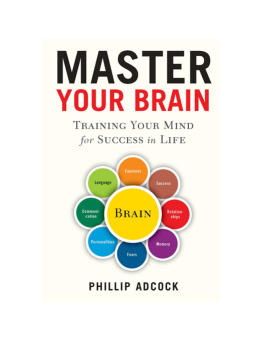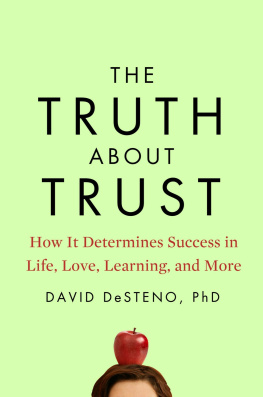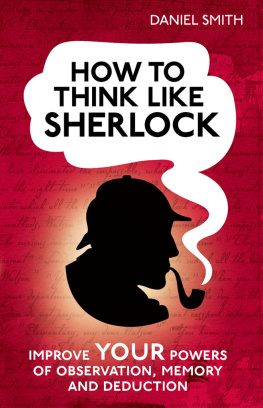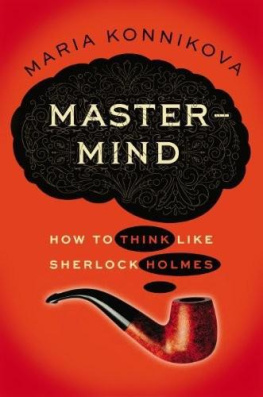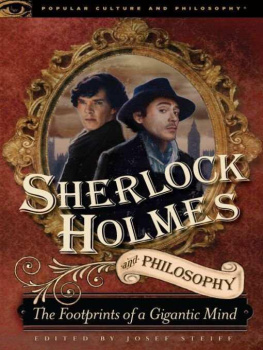THE TELL

Copyright 2013 by Matthew Hertenstein
Published by Basic Books,
A Member of the Perseus Books Group
All rights reserved. No part of this book may be reproduced in any manner whatsoever without written permission except in the case of brief quotations embodied in critical articles and reviews. For information, address Basic Books, 250 West 57th Street, 15th Floor, New York, NY 10107-1307.
Books published by Basic Books are available at special discounts for bulk purchases in the United States by corporations, institutions, and other organizations. For more information, please contact the Special Markets Department at the Perseus Books Group, 2300 Chestnut Street, Suite 200, Philadelphia, PA 19103, or call (800) 810-4145, ext. 5000, or e-mail .
Book design by Cynthia Young
Library of Congress Cataloging-in-Publication Data
Hertenstein, Matthew J.
The tell : the little clues that reveal big truths about who we are / Matthew Hertenstein.
pages cm
Includes bibliographical references and index.
ISBN 978-0-465-06988-0 (e-book) 1. Human behavior. 2. Body language. 3. ForecastingPsychological aspects. I. Title.
BF199.H47 2013
153.6'9dc23
2013017834
10 9 8 7 6 5 4 3 2 1
To Margo
CONTENTS
Prediction on the battlefield... Caveman prediction... Foibles of the mind... How our minds are actually prediction machines... Maintaining humility with a predictive mind.
Ominous behavior at the beginning of life... Recognizing the tells of autism and doing something about it... The case of William and his anxious summer at camp... How a forty-five-minute observation of young children predicts reactive physiology years later... Biology is not destiny.
Parks, swings, and observing behavior... How we become attached... To be secure or insecure?... The power of Strange Situations to predict who we are... Predicting your childs attachment style before shes even born.
A photographic personality... Is it possible to forecast the cognitive chops of someone you just interviewed?... Seeing goodness in(side) others... Spotting liars, cheaters, and aggressive people... When tells go awry.
Gaydar and straightdar... The science of inferring sexual orientation... The role of society... Is it possible to predict sexual orientation?... Can one conceal sexual orientation?... The tells of sexual orientation... The role of nature and nurture.
Seeking partners in a modern age with an old brain... What mens lopsided faces and fancy goods tell us... What womens faces and figures predict... Accentuating our evolutionary signals with a scalpel... Predicting divorce from three minutes of interaction or a photograph... Smile and live long.
The student who lied after a bathroom break... Are we good lie detectors?... Did the bank clerk steal the money?... Police officers are (just) people too... The tells of deceit... Truth wizards and Eyes for Lies.
Star teachers and their ways... It only takes six seconds... Dr. Cecis Enthusiasm Experiment... The power of enthusiasm inside the classroom and out.
The God-like status of CEOs... Is it possible to predict company profits from a CEOs face?... The neuroscience of perception... Are leaders born or made?... Identifying and hiring your next sales superstar.
The unnatural state of democracy... Are we really as rational as we think we are when we vote?... Lessons from history: Nixon versus Kennedy, and a twelve-year-olds letter to Lincoln... Predicting elections from a snapshot... Designing the perfect candidate.
E very day is fraught with questions, some trivial, others monumental: Where should I go for dinner tonight? Who should I vote for to lead my city, state, and country? Is the person I want to ask out on a date interested in men or women? How will I choose my future spouse? How bright is the person Im interviewing for a job? Is the person I see in an alley likely to assault me or help me if I trip and fall? Did my spouse just work late last night, or am I being deceived? Is my infant going to develop autism?
Unfortunately, we must often answer these questions without all the information wed like. Our interactions with others are sometimes ephemeral, like the path of a leaf falling to the ground. As a result, we base our decisions on brief, often barely perceptible glimpses of behavior that occur in a snap of the fingers.
At its very heart, The Tell is about the power of prediction based on observations of brief samples of others behavior. Anyone familiar with the game of poker, whether at the novice or professional level, knows the concept of the tell, a mannerism that can yield clues about an opponents cards. Does he hold a flush or a dog hand? Ask professional poker players to evaluate another players hand, and more often than not, they can give you an accurate assessmentbased simply on how an opponent stares, the speed with which he lays down cards, or how quickly he is breathing.
Learning to read other peoples tellsto pick up on nonverbal clues that reveal something about themisnt just a strategy for playing cards, as high as the stakes may be. Small clues, like those that can give away a persons poker hand, can also indicate a number of important outcomesand not the easy stuff, like whether a guy with a scowl and a clenched fist is about to punch you in the face. Here were talking about hard predictionslike the outcomes of national elections, the profits of Fortune 500 companies, the likelihood of marital success or failure, and the chances of a child developing autismall made counterintuitively based on the tells people reveal unwittingly. If you want to know whos going to win the next political election, you should probably ask a roomful of kids. If you want to know whether that company youre thinking of investing in is going to make good money, youll find the answer written on its CEOs face. If you want to know whether the salesperson you are interviewing will succeed, pay attention not to what she says to you but rather to what she shows you. Youll form some of these impressions nearly instantaneously, whereas youll make others with deliberation. Either way, a persons tells reveal more about whats behind the curtain than we might realize.
The idea that our brains can make reliably good predictions across many spheres of life runs counter to the recent spate of books that highlight our minds fallibility. In Stumbling on Happiness, for example, Dan Gilbert teaches that were inept at predicting what will make us happy in life; in Predictably Irrational, Dan Ariely lets us know just how regularly we get things wrong. Books of this ilk have sold like gangbusters in the last decade, so it might seem risky to write a book focusing not on where we fall short but on where we succeedor at least where were capable of succeeding. Nevertheless, that is the message of
Next page

